Helping Teens Connect Israel
by Emily Raij
A bourgeoning local program of the Israeli-American Council is giving young adults the chance to tackle real-world problems at home and abroad.
The Israeli-American Council (IAC) is the largest Israeli-American organization in the U.S. It offers social and cultural programs for children, teens, college students, young professionals, community leaders, families, and activists in 73 communities, and the Orlando-area office is housed at The Roth Family Jewish Community Center.
“The main goal is to engage the Jewish community and the Israeli community,” says Idit Lotringer, IAC Orlando’s regional manager. “While we all share the same love for Israel, we have to build the right bridge to bring communities together.”
As a whole, IAC has seen tremendous growth since its inception in 2007, with the Orlando office opening in 2018 to serve a fast-growing Israeli community, including 10 Israeli families who have moved here between October 2019 and January of this year alone, according to Idit.
One Orlando IAC program in particular has nearly doubled in size in less than two years, and it serves an especially hard-to-engage population. IAC Eitanim connects teens in middle and high school to Israel and their Jewish identity through project-based learning that builds friendships along with leadership and entrepreneurship skills.
At their twice-monthly meetings in the Jewish Academy of Orlando’s Innovation Lab, 24 teens enjoy dinner together and work in teams to find solutions to real-life challenges facing the Jewish world. Professional mentors and experts in business, marketing, and technology guide the students through the different tasks, but the teens take the lead in researching, marketing, budgeting, and producing their own presentations.
Eitanim has an organized, step-by-step curriculum, all in English, with tasks that keep in mind teens’ interests, needs, and skills.
For example, the teens find what team role best suits them by playing a card game to discover their strengths and skills, whether that be crunching numbers as a CFO or using verbal and creative skills in marketing.
“As they work, they learn more and have fun while learning,” says Ziva Kurlansik, the Orlando IAC’s program manager, whose teenage daughter has become a leader in the group.
Orlando’s Eitanim is about half Israeli-American and half Jewish-American teens. Seventh and eighth graders are part of the Innovate group, which focuses on connecting with other kids and telling them about Israel. The middle schoolers focus on using social media, activities in and after school, synagogue events, and more to explore the culture, people, and cities of Israel. One task was to “plan an innovative and engaging Israel experience at a middle school in your area that can become a model for such activities through the United States.”
Eitanim’s Create group for high schoolers focuses on answering questions about Jewish identity and sense of self through technology and entrepreneurship, often discussing the cutting-edge research and start-ups in Israel. A sample task for this group was to “create an innovative online teen network for the post-bar/bat mitzvah age (13 and up) that will create a communal space for Jewish-American and Israeli-American teens to make connections, socialize, and deal with topics of identity, hardships, and successes with their peers.”
Final video projects for both age groups are submitted to national competitions, so teens have even more motivation to create something they are proud of. Additionally, all their hard work throughout the school year culminates in a week-long Summer Hackathon at American Jewish University in Los Angeles, where Eitanim groups throughout the country work on presentations they will pitch on Demo Day at the end of the week. About a dozen industry leaders also serve as mentors throughout the event, and the teens’ families can join them on Demo Day.
“We want them to want to come and create something,” says Idit, who believes the focus on creating, socializing, and collaborating helps to engage the teens despite their differences. “Being an immigrant here in America means you have to learn American culture but not lose your identity. In order to do that, you need to be more engaged.”
Eitanim is open to the entire community, and the Orlando IAC welcomes event sponsorships or donations to provide scholarships to students that can cover the $180 annual fee per participant.
“Everybody can say something at Eitanim, and we hear it and we explore it and we ask questions,” says Ziva.
If you or a teen you know has questions about Eitanim, contact
Idit at ILotringer@IsraeliAmerican.org or Ziva at ZKurlansik@IsraeliAmerican.org.
